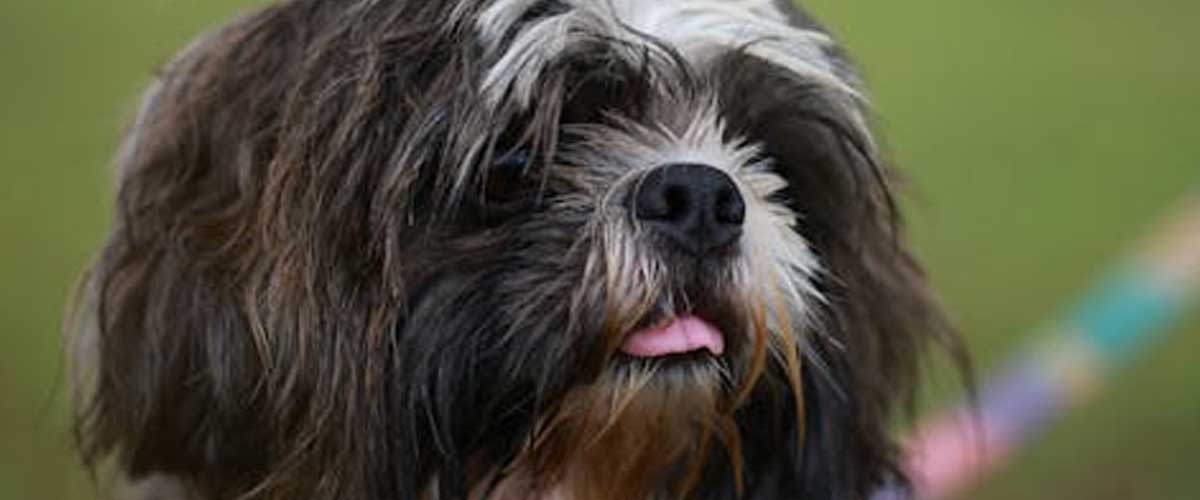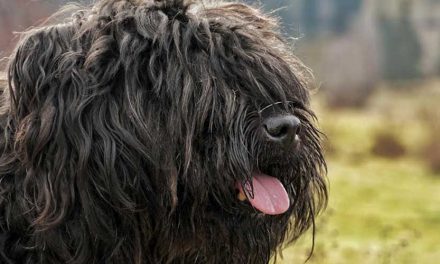The Dutch Sheepdog, also known as the Nederlandse Schapendoes, is a herding breed that has captured the hearts of dog enthusiasts around the world.
This breed is renowned for its intelligence, agility, and friendly disposition, making it an excellent choice for families and active individuals alike.
History and Origin
The Dutch Sheepdog has roots that trace back several centuries in the Netherlands.
Traditionally used for herding sheep and cattle, these dogs were essential to Dutch farmers in managing their livestock.
The breed is likely a descendant of various herding dogs from Europe and played a crucial role in rural life.
While the exact origins remain somewhat unclear, it is evident that these dogs have developed strong herding instincts and a keen ability to work alongside humans.
Physical Characteristics
Dutch Sheepdogs are medium-sized dogs with a robust and muscular build.
They typically weigh between 30 to 55 pounds and stand about 16 to 22 inches tall at the shoulder.
One of their most distinctive features is their long, shaggy coat, which comes in various colors, including black, gray, brown, and even a mix of these shades.
Their double coat provides insulation, protecting them from the elements while they work long hours in the fields.
Their expression is friendly and intelligent, with dark, oval-shaped eyes that reflect their alertness and eagerness to please.
The breed’s ears can be erect or semi-erect, adding to their expressive appearance.
Temperament and Behavior
Dutch Sheepdogs are known for their friendly, affectionate nature.
They are highly social animals that thrive on companionship, making them excellent family pets.
Their intelligence and eagerness to learn mean they respond well to training and enjoy engaging in various activities, from obedience competitions to agility courses.
These dogs are naturally protective and will develop close bonds with their families, often becoming wary of strangers.
Proper socialization from a young age is essential to ensure they grow into well-rounded adults.
They are energetic and require regular exercise, including walks, playtime, and mental stimulation, to keep them happy and healthy.
Training and Exercise
Training a Dutch Sheepdog can be a rewarding experience due to their high intelligence and willingness to learn.
They respond well to positive reinforcement techniques and enjoy activities that challenge their minds and bodies.
Early socialization is crucial to help them develop confidence and good manners.
As a breed bred for herding, they have a strong instinct to chase and control movement.
This trait can be channelled positively through activities like herding trials, obedience, and agility training.
Regular exercise is vital, as they need to burn off energy to prevent boredom and destructive behavior.
Health Considerations
The Dutch Sheepdog is generally a healthy breed with a life expectancy of around 12 to 15 years.
However, like any breed, they can be prone to certain health issues.
Regular vet check-ups, a balanced diet, and an active lifestyle can contribute to their overall well-being.
Responsible breeding practices can also help minimize the risk of genetic disorders.
Conclusion
The Dutch Sheepdog is a remarkable breed that embodies the spirit of companionship and hard work.
With their intelligence, affectionate nature, and versatility, they make excellent family pets and working dogs.
If you’re considering adding a Dutch Sheepdog to your family, be prepared for an energetic companion who thrives on interaction, training, and, of course, love.
Whether you need a herding partner or a playful friend, the Dutch Sheepdog is sure to bring joy to your life.












